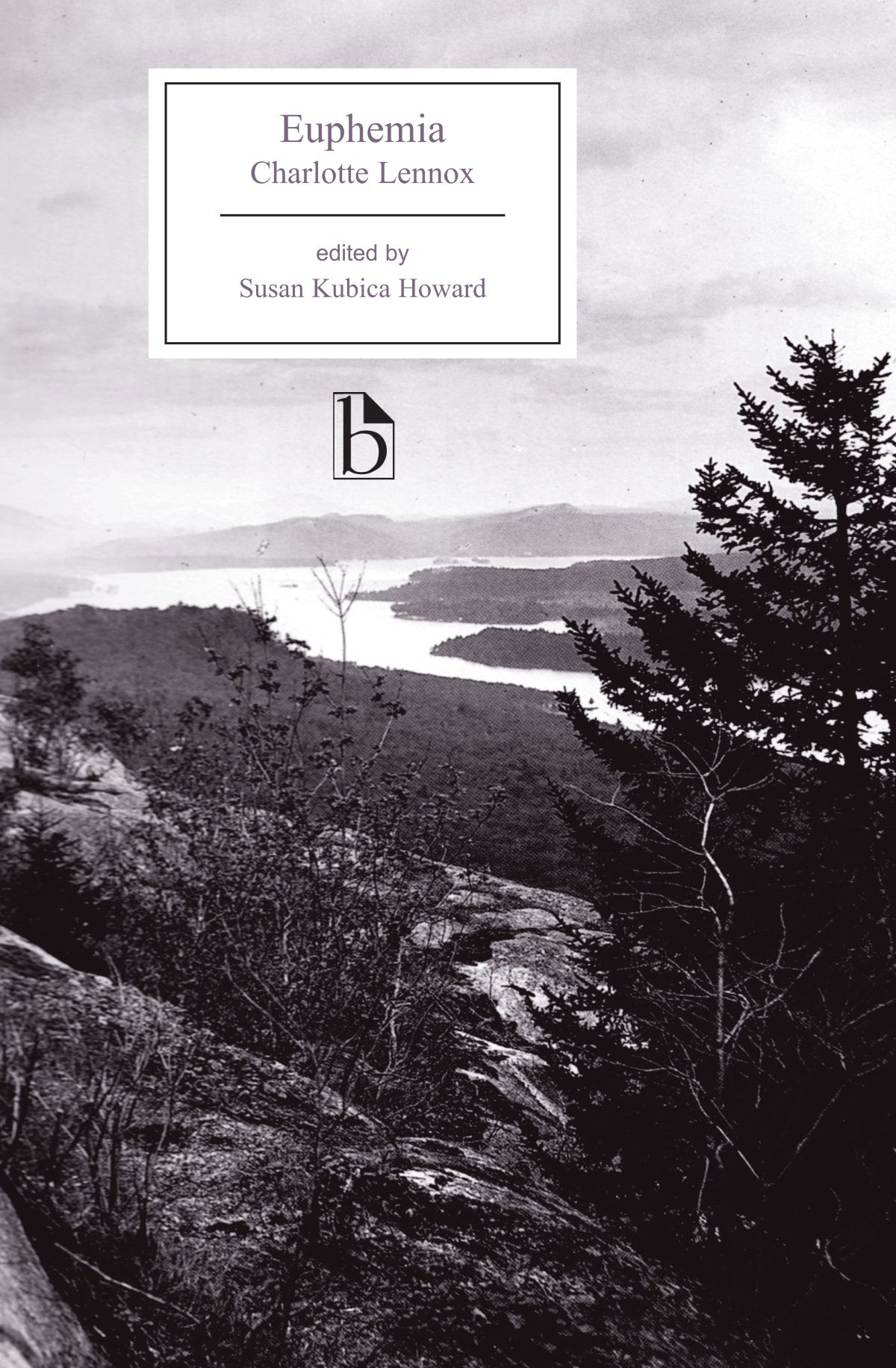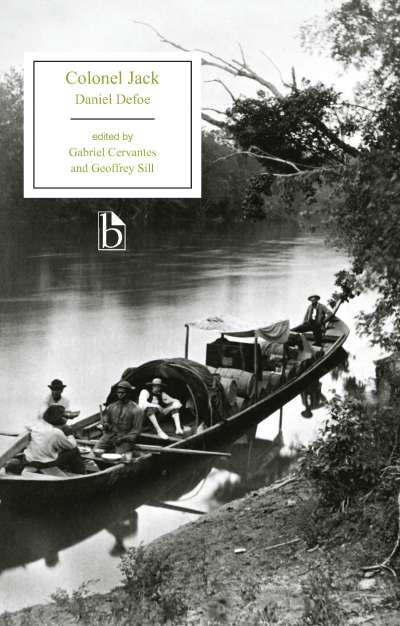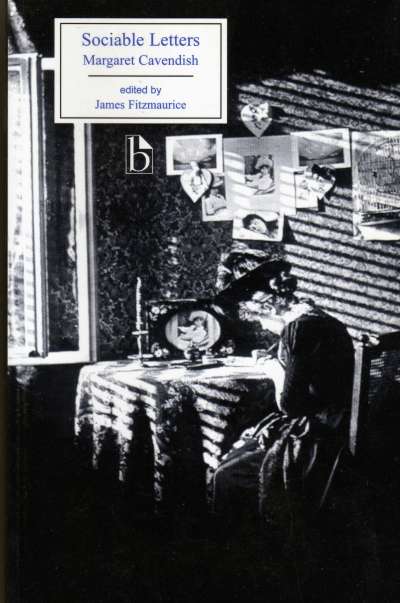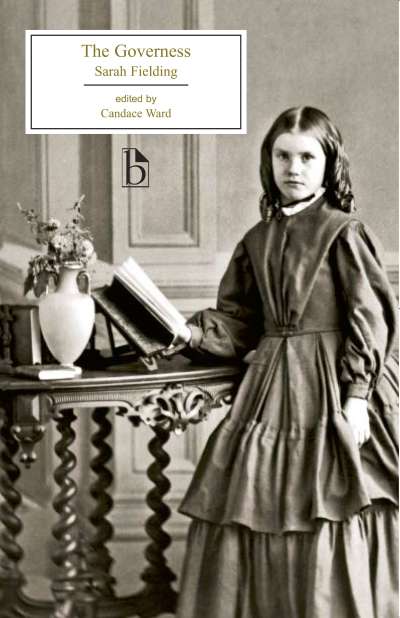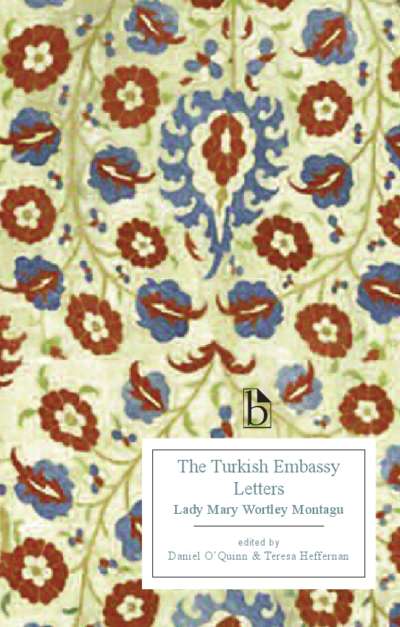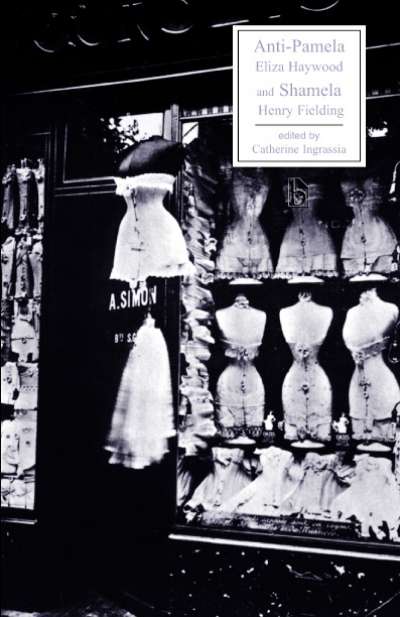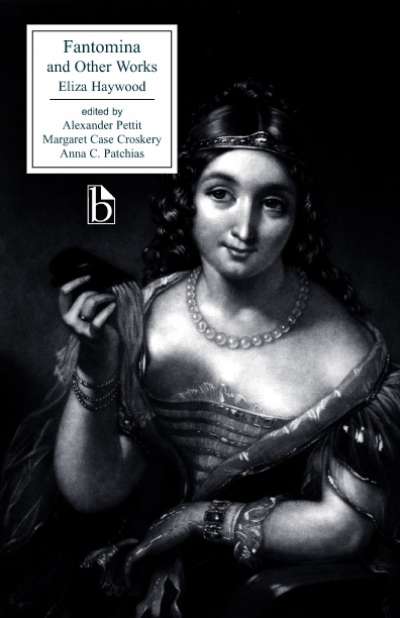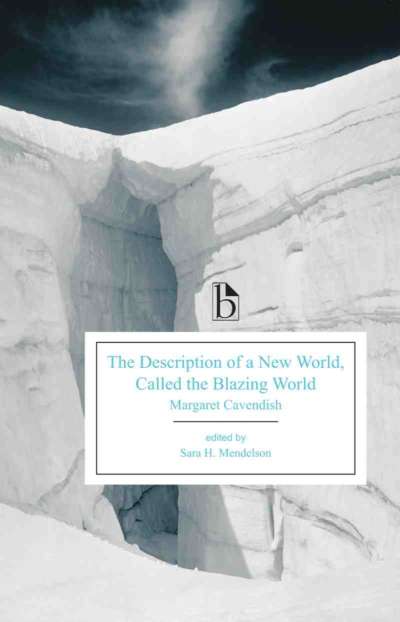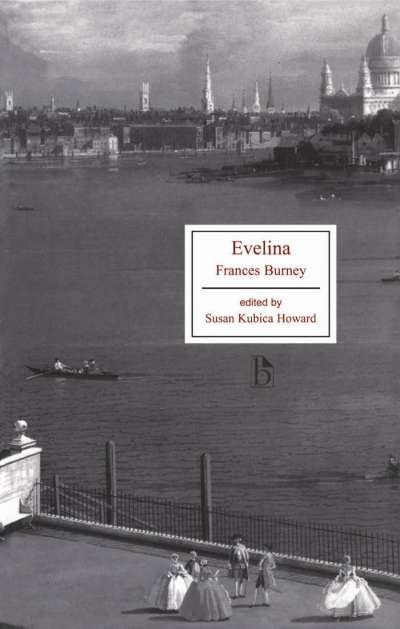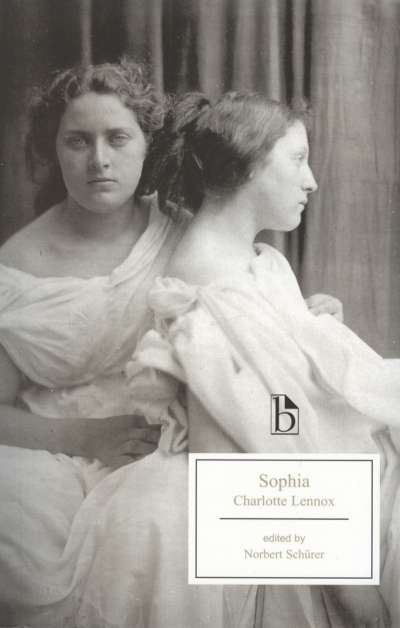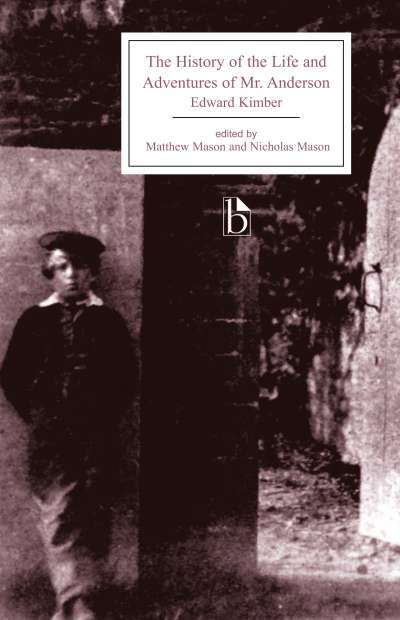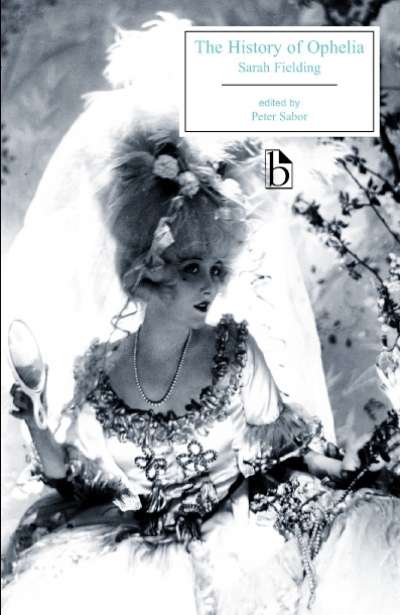Charlotte Lennox’s Euphemia, published in 1790 at the end of her professional career, is an extraordinary account of pre-Revolutionary America from a woman’s perspective. Constructed from letters between Euphemia Neville and her friend Maria Harley, the novel tells the story of Euphemia’s marriage to a thoughtless, arrogant man. During the years Euphemia lives in New York City and at the forts at Albany and Schenectady as the wife of a British army officer, she chronicles in her letters to Maria both her private life and how that life intersects with those of other British men and women, as well as the Dutch, Native American, and African American inhabitants of the colony. Set partially in New York State, where Lennox had herself lived as a girl, it also contains a version of a captivity narrative in the story of the capture of Euphemia’s son by Hurons.
This Broadview edition includes contemporary reviews of Euphemia and a wealth of other contemporary materials on marriage, travel, the picturesque, and the captivity narrative.
Comments
“Susan Kubica Howard’s edition of Euphemia is impressive on several levels. It makes available to contemporary readers an unjustly neglected novel that deserves a much wider audience; it presents an interesting and thought-provoking discussion of the novel’s main themes and concerns; and it fully contextualizes the work by articulating its connections to the social and political milieu in which it was written, as well as to its author’s personal life. Howard’s introduction does a fine job of showing the novel’s active engagement with several of the period’s most important social and aesthetic movements, as well as its significant role in eighteenth century feminist and genre studies. Howard’s discussion of Lennox’s writing with regards to feminist aesthetics and the female traveler/spectator in late eighteenth century America is particularly edifying and suggestive.” — Carole Fabricant, University of California Riverside
Acknowledgements
Introduction
Charlotte Ramsay Lennox: A Brief Chronology
A Note on the Text
Abbreviations of Sources Used for Annotations
Euphemia
Appendix A: Reviews of Euphemia
- Critical Review (July 1790)
- The European Magazine and London Review (August 1790)
- Monthly Review (September 1790)
- The General Magazine and Impartial Review (1790)
Appendix B: Marriage Tracts
- From Mary Astell, Some Reflections upon Marriage, Occasion’d by the Duke & Duchess of Mazarine’s
Case; Which is also consider’d (1700)
- From William Fleetwood, The Relative Duties of Parents and Children, Husbands and Wives,Masters and Servants (1705)
- From George Booth, Earl of Warrington, Considerations upon the Institution of Marriage (1739)
- From Philogamus, The Present State of Matrimony: Or, The Real Causes of Conjugal Infidelity and Unhappy Marriages (1739)
- From Sarah Pennington, An Unfortunate Mother’s Advice to Her Absent Daughters: in a Letter to Miss Pennington (1761)
- From Priscilla Wakefield, Reflections on the Present Condition of the Female Sex (1798)
Appendix C: Travel Narratives, Histories of North America, and the Picturesque
- From Sarah Knight, The Private Journal of a Journey from Boston to New York, in the Year 1704 (1865)
- From Priscilla Wakefield, Excursions in North America, Described in Letters from a Gentleman and His Young Companion, to Their Friends in England (1810)
- From Timothy Dwight, Travels; in New-England and New-York (1821)
- From Edmund Burke, An Account of the European Settlements in America (1758)
- From Abbé Guillaume Thomas François Raynal, A Philosophical and Political History of the British Settlements and Trade in North America (1779)
- From Dr. Benjamin Franklin, Remarks Concerning the Savages of North America (1784)
- From William Gilpin, Remarks on Forest Scenery (1791)
Appendix D: Captivity Narratives
- From Charlotte Lennox, The Life of Harriot Stuart, Written by Herself (1750)
- From Robert Eastburn, A Faithful Narrative, of the Many Dangers and Sufferings, as well as Wonderful Deliverances of Robert Eastburn (1758)
- From Gilbert Imlay, The Emigrants (1794)
- From James Seaver, A Narrative of the Life of Mary Jemison (1910)
Works Cited and Recommended Reading
Susan Kubica Howard is Associate Professor of English at Duquesne University, Pittsburgh, Pennsylvania.
She is the editor of the Broadview Edition of Frances Burney’s Evelina.

